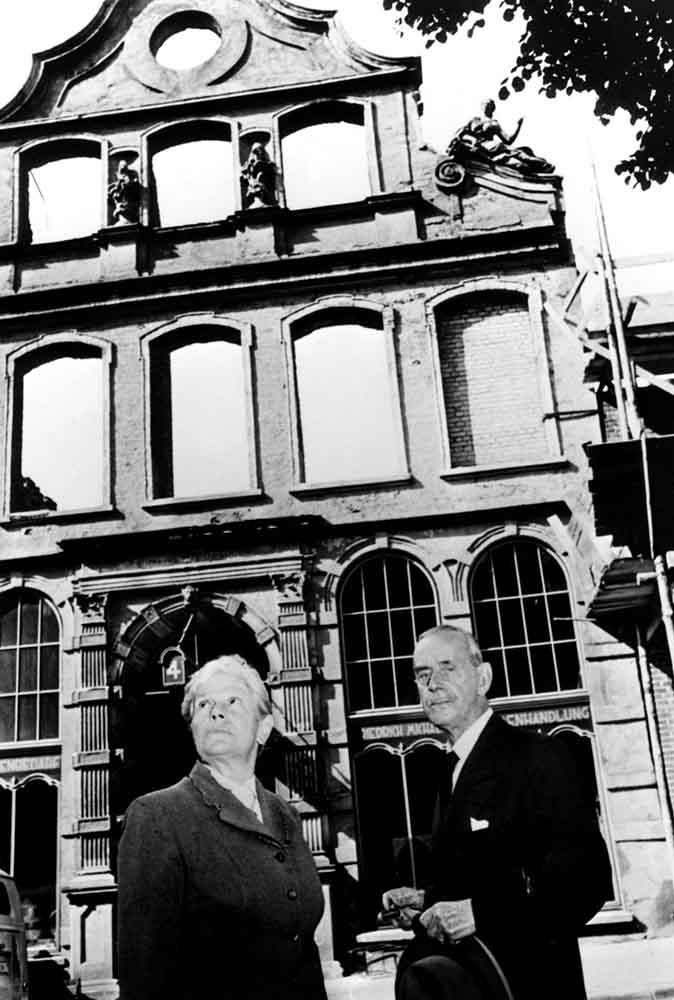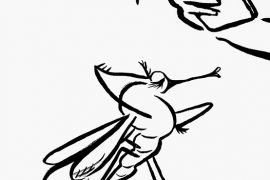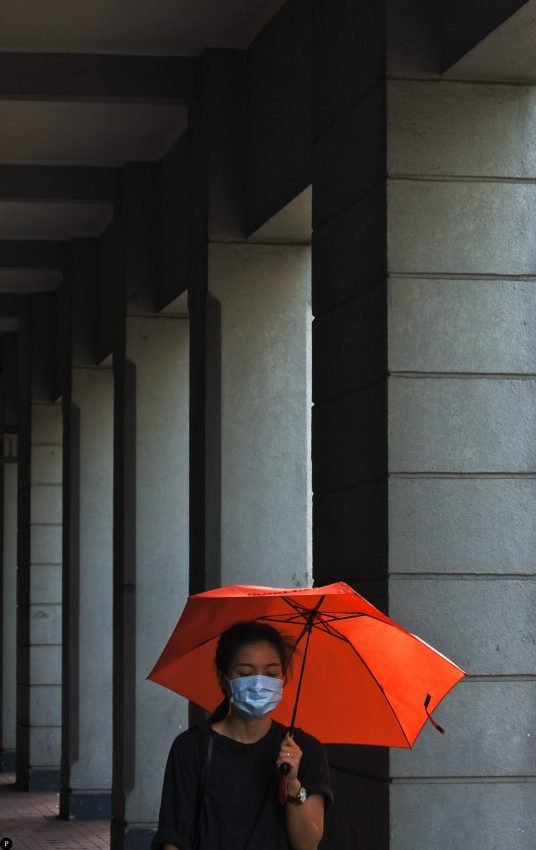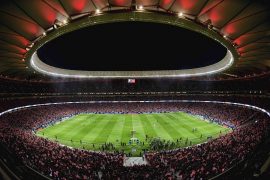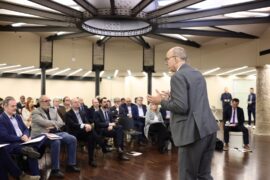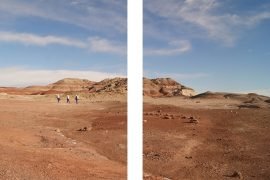[dropcap letter=”S”]
een on the map, the old Lübeck, that some have called “the Northern Venice”, shows the shape of an eye or an oval-like hole. Thomas Mann, the great writer, was born in this northern Germany city. Today, declared a World Heritage Site by UNESCO, Lübeck is a city that, since the Middle Ages, has excelled in maritime trade between the ports of the Baltic Sea and the North Sea and the neighbouring lands of Scandinavia.
“I am a citizen, a bourgeois, son and descendant of the German bourgeois culture”, wrote Thomas Mann, with a pride that today would seem to be even politically improper, in his Reflections of a Nonpolitical Man, his great profession of faith, which appeared precisely when the First World War ended.
“My ancestors were not Nuremberg craftsmen, tempered like those men that Germany sent throughout the world, and to the Far East, to show that it was the country of the cities? They were attached to the Mecklenburg Burgomaster, they came to settle in Lübeck, they were merchants of the Holy Roman Empire”.

The history of the Mann family in Lübeck dates back to the 16th century. In 1790, the great-grandfather of the writer founded the company Johann Siegmund Mann, commissions and transport. When he was two years old, in 1877, his father was elected senator, or assistant to the Burgomaster of Lübeck (which retained the status of free city-state until 1937).
The family house, the grandmother’s house at Mengstrasse 4, in front of the church, was destroyed during World War II and recovered a few years ago now as the Buddenbrook House, where one can visit today the Heinrich and Thomas Mann Centre, archive with a permanent exhibition of panels and screens on the life and literary work of the two brothers.
Thomas Mann considered that nothing characterized better our way of life than relations with nature, and specifically with the extra-human nature. In Lübeck, in a landscape marked by houses with highly sloped roofs and the green spires of their great churches, Thomas Mann spent his childhood and youth. And eight kilometres from the city, at the mouth of the Trave river, in Travemünde, already at the same point on the coast where today is the large commercial port, he discovered as a child, connected to summer games, the mystery of the sea: “It is the sea, the Baltic Sea, that I have seen for the first time in Travemünde (…) with its old establishment of Louis-Philippe style baths, the Swiss chalets and the temple of music where Hess, the director with the long Gypsies’ hair, gave concerts leading his orchestra (…) On this site, in Travemünde, the paradise of the holidays, I have spent the happiest days of my life”, said forty years later. Days and weeks, the deep stillness of which, filled with the absence of all their desires, have never been exceeded in the course of an existence that I cannot call miserable; and nothing could make me forget them”.
Thomas Mann, who only lived in Lübeck until he was nineteen years old, remembered much later (in 1926, when he was invited to give a lecture on the occasion of the 7th centenary of the consideration of Lübeck as a free city) than what distinguished the people from Lübeck was the “civic-patrician” element, as he called it. That is, this entrepreneurial spirit of the old bourgeois patrician, perhaps the most specifically Hanseatic element of the people of Lübeck, so committed to the continuity of its successful history.

